'Barry' gets intense for Henry Winkler. Here's why that is such a good thing
- Oops!Something went wrong.Please try again later.
- Oops!Something went wrong.Please try again later.
- Oops!Something went wrong.Please try again later.
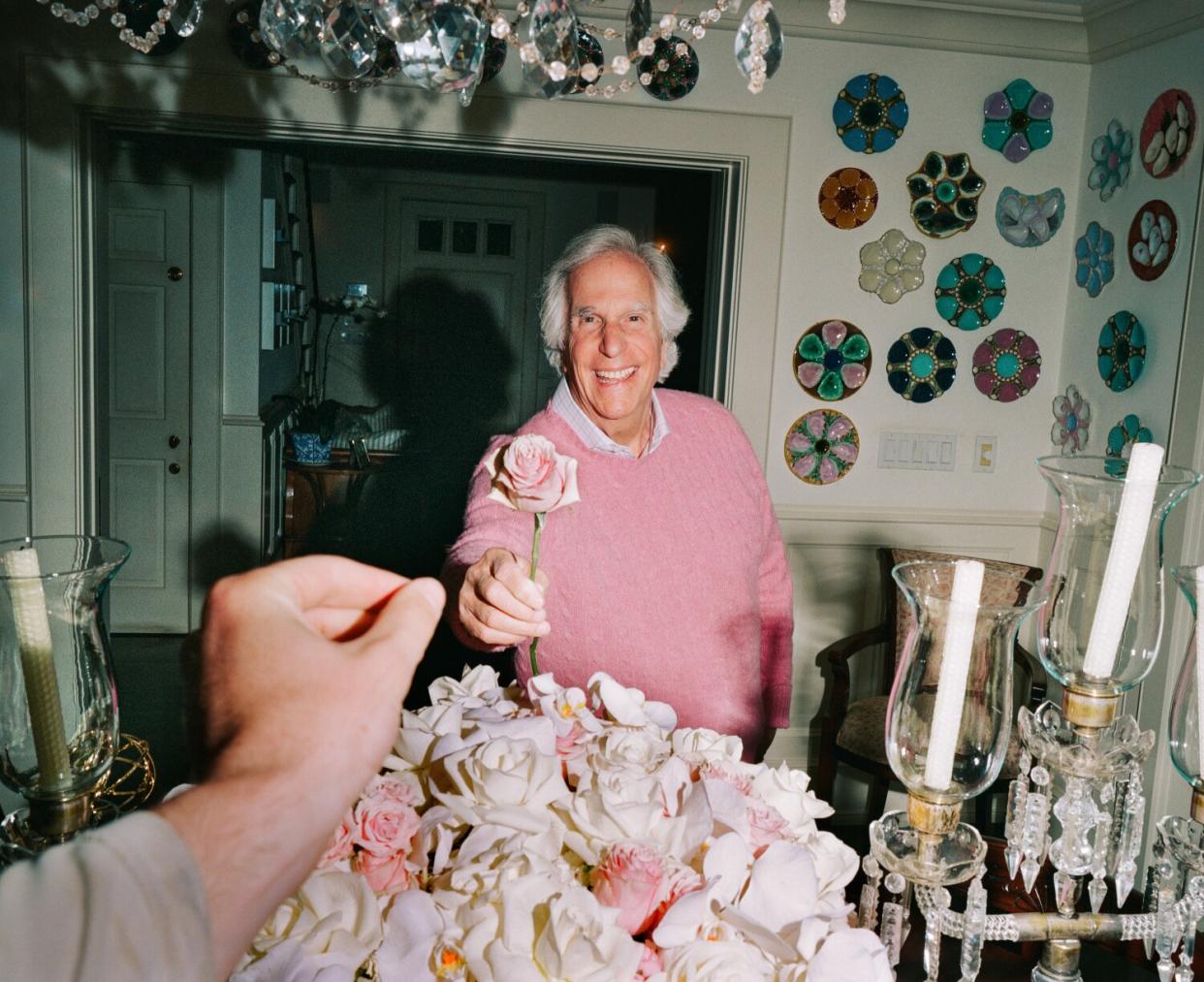
During filming on Season 2 of HBO’s hit-man series “Barry,” Henry Winkler met with co-creators Alec Berg and Bill Hader, who also stars as the titular paid killer. Winkler wanted them to know he was feeling angsty about his character, a stunningly grandiose acting teacher named Gene Cousineau, which, after 43 years in the business had won Winkler his first Emmy. “I said, ‘I’m not here to complain. I just don't recognize [Gene] from Season 1,' ” Winkler recalls telling them. “They said, ‘Look, we don't want to repeat ourselves.’ ”
So when “Barry” resumed production of Season 3 in August 2021 after a 17-month COVID-induced hiatus, the 76-year-old actor — who rose to prominence in the mid-'70s as leather-clad tough guy Arthur "Fonzie" Fonzarelli in "Happy Days” — arrived worry-free, concerns abated. “I just hitch my wagon to their story, and I go,” Winkler says of his approach to Gene's arc.
Miserable over the loss of his acting school, as well as his girlfriend, Janice, whom Barry murdered, Gene has been, among other things, locked in a trunk, chased by a pack of dogs and has put his son and grandson in grievous danger. “It’s the most outrageous, intense work I have ever done since June 30, 1970, when my professional career started with the Yale Repertory Theatre,” says Winkler, sounding thrilled.
Did Alec and Bill let you know that Gene’s spiraling circumstances would turn you into a co-lead?
Over months, Bill texts me one-liners, “How are you?” “Are you taking care of yourself?” “Are you healthy?” “Are you good?” “How do you feel?” “Hey, how are you doing?” “How’s your strength?” That, I swear to you, was my warning. And I kept thinking, “Oh, it’s so lovely. He’s worried about his grandfather.” [Laughs] Little did I know that he wanted his grandfather to run a marathon.
One early Season 3 reveal is that Gene is a total pariah in Hollywood.
[Laughs] He has burned every bridge.
Do you think that’s the writers riffing on your reputation as one of showbiz’s nice guys?
I never thought of that. I only think I'm playing this character. And this is who he is. It never dawned on me that they were riffing on anything. If I may be so bold, I don't think "nice" is [the right word]. I think I am grateful. I think I am just grateful that I'm walking on the earth.
Do real-life acting teachers ever talk to you about Gene?
No, they haven't.
Really? You’d think they’d want to quiz you about who he’s based on.
He's a conglomeration. I think Alec Berg's wife went to a class and took notes. And the original Gene on the page came from those notes. But early on, at the first rehearsal of the first season, Bill took the Chechens — Anthony Carrigan, Glenn Fleshler — and rehearsed with them in another room. And he said, “Henry? Teach a class.” And I literally did whatever exercises that I did at Yale. “OK, now physicalize your favorite car.” “Now physicalize that car is broken down on the side of the road.” [At some point] I asked Bill, “Is this guy an ass—?” They went, “Yes.” But then, as we went along, they also saw that whatever was coming out of me was also viable.
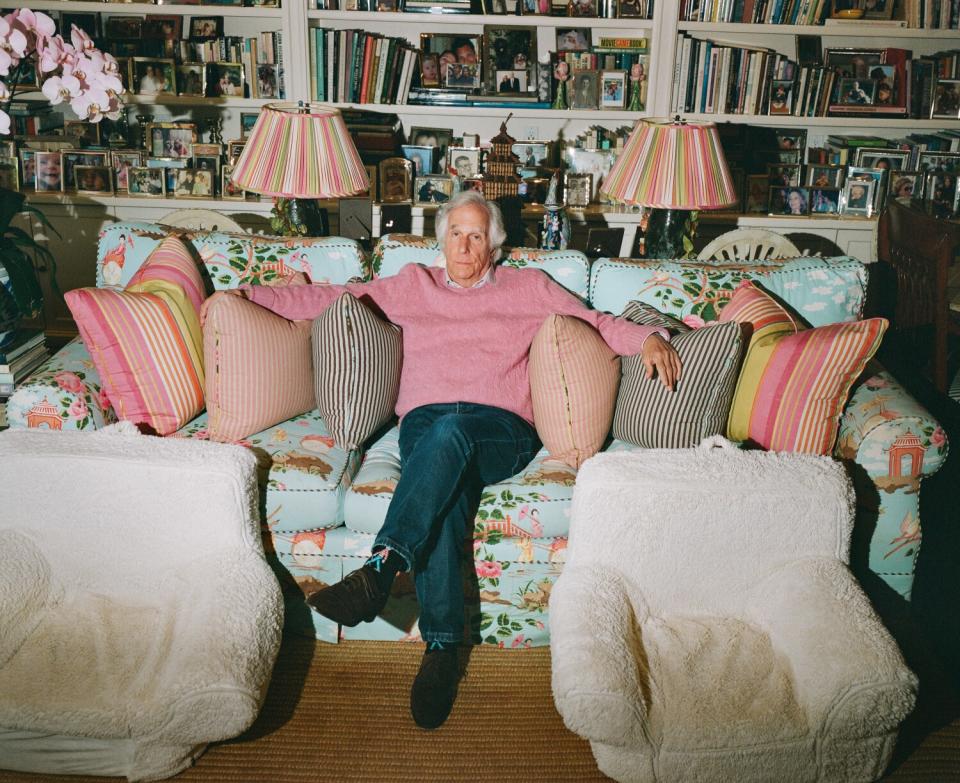
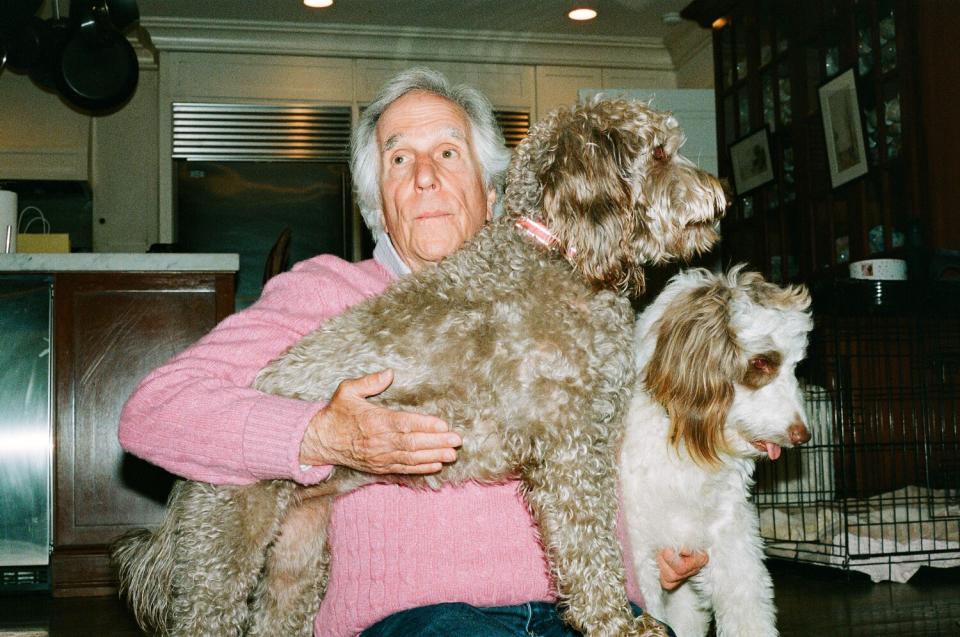
Meaning?
There was some humanity.
This season, Barry tells Gene that he’s a bad actor. Do you agree?
I think Gene is bad at everything. The only thing that allows Gene to survive is his opinion of himself, which is so solidly placed that he doesn't know that he has fallen off the mountaintop.
Bill Hader has said that Sally and Gene are the only people Barry really loves. Does that give you a sense of job security?
No. At the beginning of every season, I either text or call Bill and say, “I only have one question. Am I still alive? Or am I dead?” And he says, “Noooo!” And I go, “OK, thank you.” Literally that is the conversation. Because I could be [gone].
You’ve said that the extremely long hiatus between Season 2 and 3 helped your performance. How so?
In repertory, you do a play, then you go and do another play, then, a few months down the line, you revive [the first play], and I’m telling you — and it’s just not me, ask any actor — it has grown in you. It has flourished in you. So, when you do it the second time, it is so much richer that you can’t believe it. I’ll also tell you that when I played the Fonz, I had in my mind the actor that I wanted to be but without the character. If I was just the straight Henry, I was awkward; I was stilted. I had to work triply hard to make it come alive. Then Gene came. And everything from the end of the Fonz until the beginning of Gene helped me get closer to being who I wanted to be in 1974. And that’s the truth.
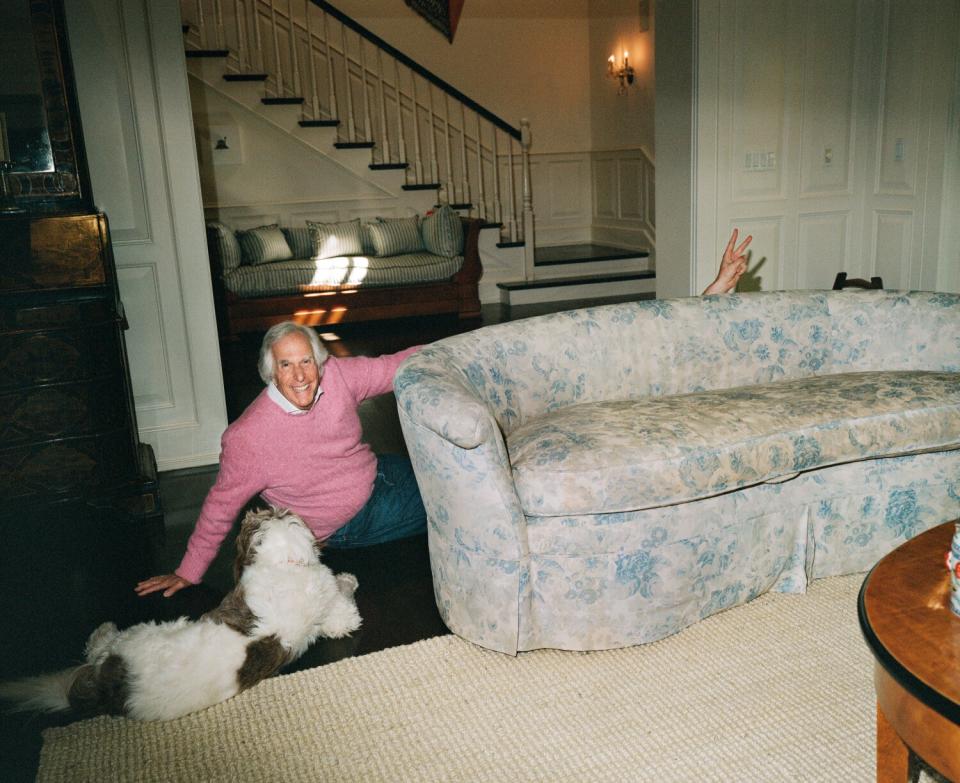
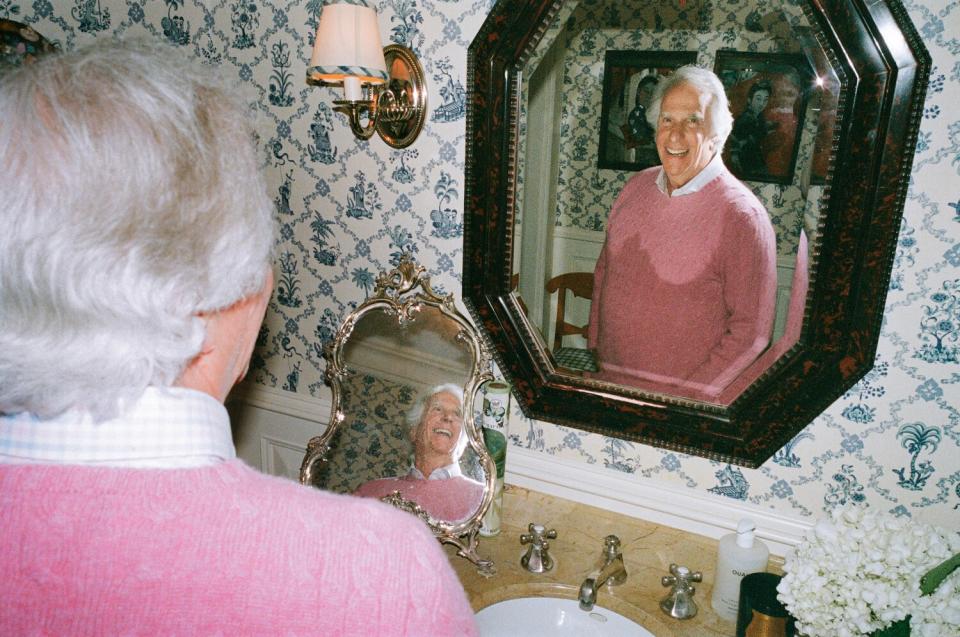
This story originally appeared in Los Angeles Times.

